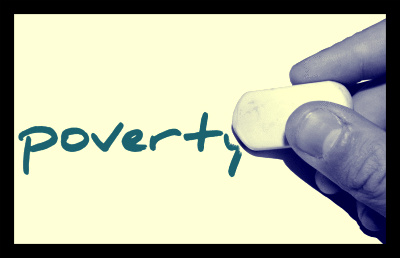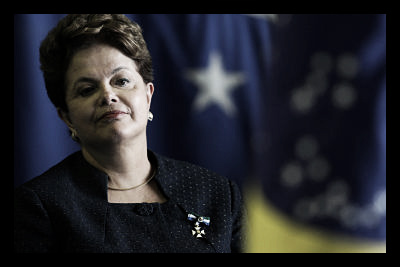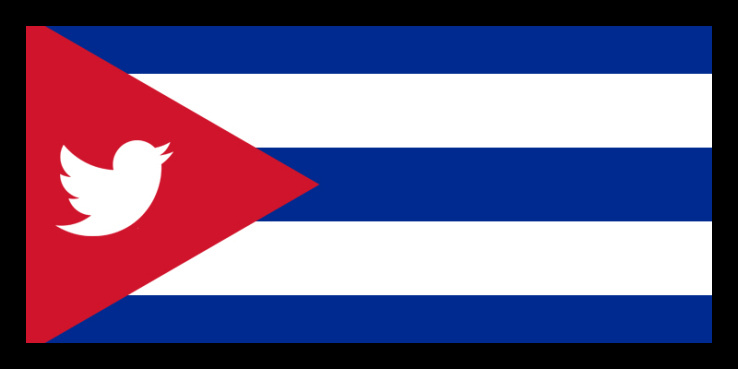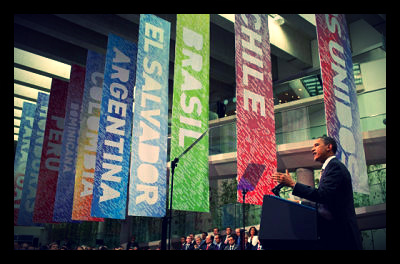Most recently, air pollution has become the single greatest health risk in the world, surpassing smoking, car accidents and diabetes combined.
Figures reported by the World Health Organization (WHO) show that indoor and outdoor air pollution have been linked to a total of seven million deaths, or one in eight deaths, in 2012. Indoor pollution is the result of wood-burning and coal stoves mostly in rural impoverished communities, while outdoor pollution mainly comes from traffic fumes and coal-burning plants.
The majority of deaths attributed to outdoor air pollution occurred in Southeast Asia, which is now known to be the most polluted region in the world. It is estimated that 3.7 million deaths can be attributed to outdoor air pollution, usually as a result of stroke and hearth disease.
4.3 million deaths are attributed to indoor air pollution, many of which were caused by stroke, heart disease, and respiratory diseases. The vast majority of these deaths occurred in low- and middle-income countries.
These figures demonstrate the detrimental effect of air pollution on mortality and health across the globe. It is a public health issue that needs to be addressed by all countries. Maria Neira, Director of WHO’s Public Health and the Environment Department, states, “Few risks have a greater impact on global health today than air pollution; the evidence signals the need for concerted action to clean up the air we all breathe.”
It is important to note in Neira’s statement that she refers to “the air we all breathe.” Air pollution is an environmental health concern that has no boundaries; what one country emits has a direct impact on countries that are halfway around the world.
So what can we do to reduce our impact on air pollution?
Rural communities and big cities vary in what they can do to reduce their pollution emissions. But, we can all change our behaviors individually to make a difference.
At the local level, we can work on replacing inefficient coal and biomass stoves used in rural communities with electric stoves that are better for the environment. We can reduce our own carbon footprints by walking and bicycling more, instead of using our cars. Planting more trees has also become one way that people are filtering clean air into their neighborhoods.
At the political level, all countries need to reduce their carbon emissions. They need to create sustainable, urban policies that emphasize sharing resources and reducing our energy usage. Examples of this include green architecture and infrastructure, as well as bans on car usage.
One great example of someone who did this was mayor Enrique Penalosa of Bogota, Colombia. In 1998 he pedestrianized large sections of the city, raised the tax on petrol and forced commuters to leave their cars at home at least two days of the week, while making the bus system more accessible. He said, “Urban transport is a political and not a technical issue. The technical benefits are very simple. The difficult decisions relate to who is going to benefit.”
So, do we have the will to change our behaviors and lobby politicians to do the same?
I think so.
– Mollie O’Brien
Sources: The Guardian, Treehugger, The Guardian





